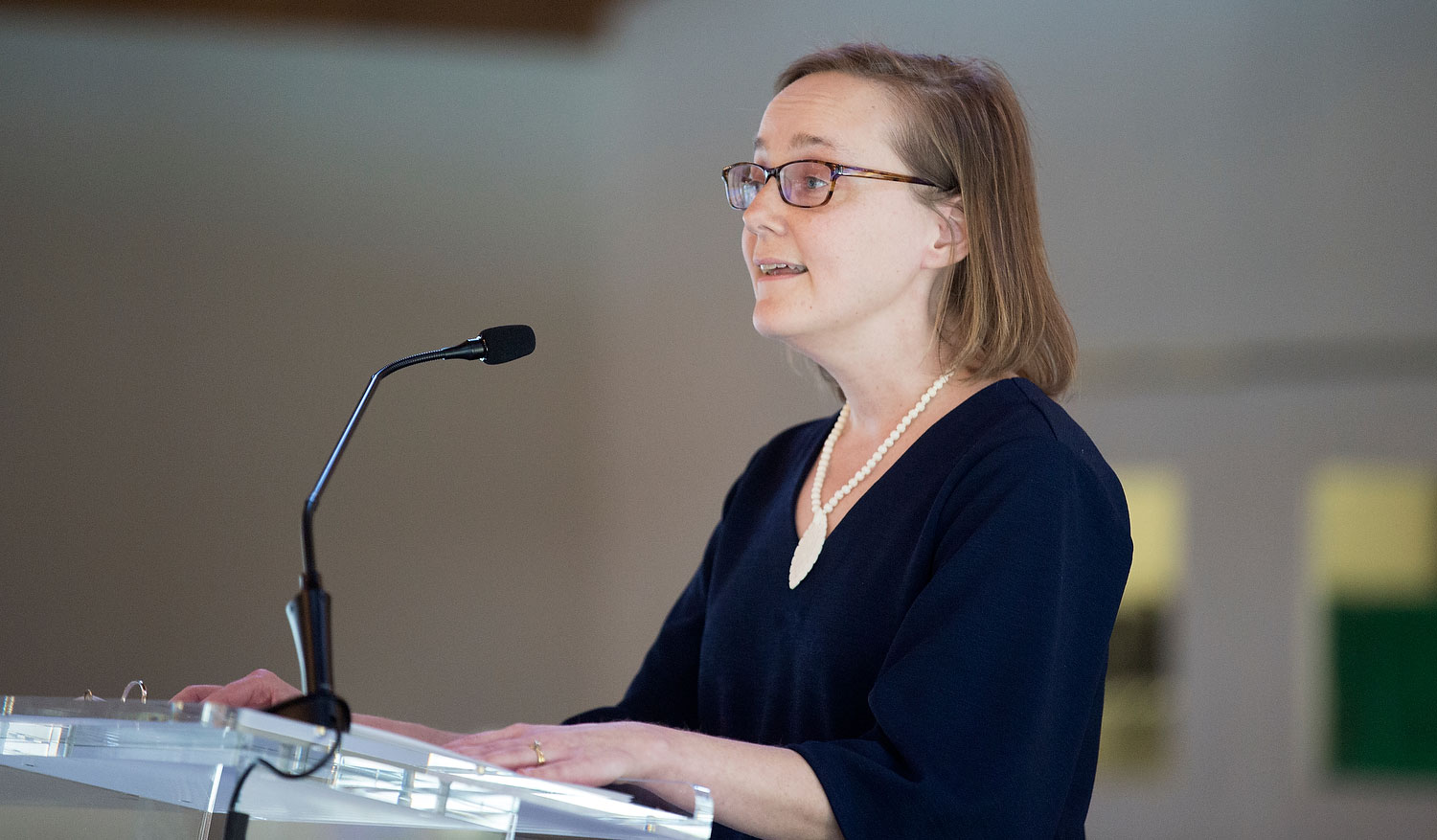Glod speaks at congressional briefing on opioid dependence, addiction

Millions of patients in the United States rely on opioids for pain management, including veterans, ex-athletes, accident victims, people with disabilities and cancer patients. Proper screening, prescribing and monitoring can help providers prevent opioid dependence from becoming opioid addiction.
According to Dr. Susan Glod, associate professor of medicine at Penn State College of Medicine, some patients who need opioids to manage their pain suffer as a result of policies made in reaction to the opioid crisis.
“Dependence and addiction are two separate things,” Glod said. “I treat cancer patients who need these medications but can’t obtain them due to stigma or other barriers.”
For that reason, Glod educates others about the difference between opioid dependence and addiction whenever she can. She traveled to Washington, D.C., to participate in a congressional briefing with three other experts on Nov. 19. Lawmakers, regulators, physicians, scientists and members of the public listened to the panel discuss why the distinction between dependence and addiction matters.
“I shared patient stories because it is critical for people to understand how policy can affect lives,” Glod said. “Patients are sometimes discriminated against or are labeled as drug-seeking when they are at the pharmacy if they don’t look ‘sick enough’.”
In 2016, the Centers for Disease Control and Prevention released guidelines for clinicians on responsible opioid prescribing. Glod said that while these guidelines were intended to inform prescribing practices outside of cancer treatment and palliative and end-of-life care, laws and policies developed as a result of these guidelines have made it more difficult for patients to get the medications needed to manage their pain.
“We need to start asking ourselves if there are other victims of the opioid epidemic that we don’t typically think of,” Glod said. “Every day patients are delayed the care they need because of the challenges created by these policies.”
Watch Glod’s testimony on Facebook (fast-forward to 35:00).
If you're having trouble accessing this content, or would like it in another format, please email Penn State Health Marketing & Communications.
